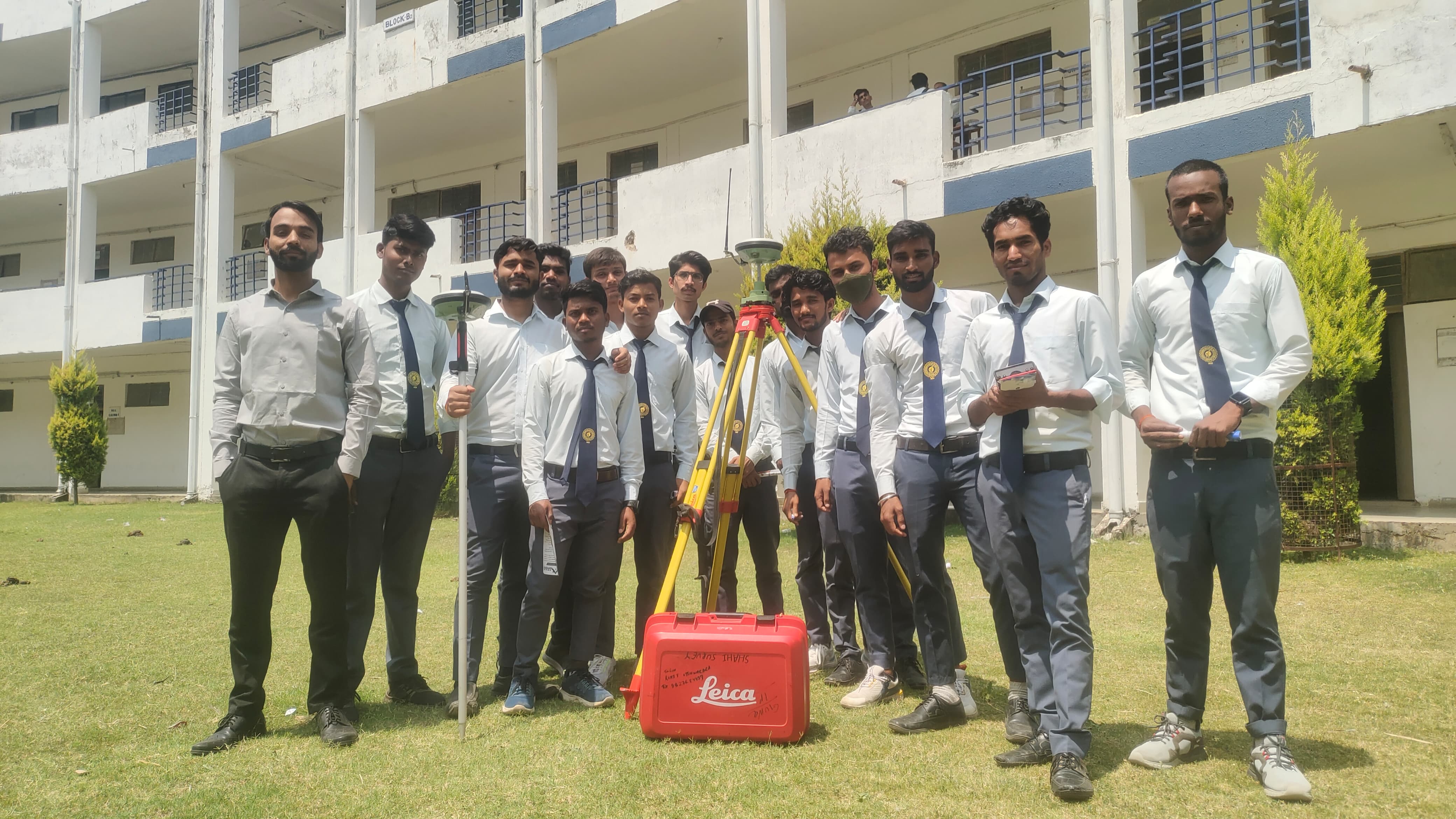


Title: Managing Accuracy: Deciphering the Enigmas of DGPS Survey In a world where precision and accuracy are critical, the development of technology has led to amazing breakthroughs in a number of sectors. Differential Global Positioning System (DGPS) surveying is one such invention that has completely changed navigation and surveying. DGPS is at the forefront of precision mapping, allowing businesses in various industries, like agriculture and construction, to operate with unmatched accuracy.
Comprehending DGPS Surveying
Fundamentally, DGPS is an improved version of the traditional GPS technology. DGPS refines positioning accuracy to centimeters or even millimeters, while GPS only delivers positioning accuracy to a few meters. This increase in accuracy is made possible by a straightforward but brilliant idea: GPS signal correction.
The signals used by satellites to send signals for conventional GPS are susceptible to a number of mistakes, including atmospheric interference and inconsistencies in satellite clocks. Through the use of reference stations situated at established locations, DGPS reduces these mistakes. These stations compute corrections for errors in the GPS signals while continuously monitoring them. After that, these adjustments are sent to DGPS receivers, who use them to improve their position estimates and produce extremely precise location data.
Precision Mapping's Future
DGPS surveying has even more promise for the future as long as technology keeps developing. The precision and dependability of positioning data are being further improved by emerging technologies like satellite-based augmentation systems (SBAS) and Real-Time Kinematic (RTK) GPS, which are creating new opportunities for applications like augmented reality and autonomous vehicles.
DGPS surveying, in conclusion, is proof of the ability of innovation to transform our environment. Businesses and researchers are able to achieve unprecedented levels of accuracy and efficiency in their activities by utilizing the precision of satellite-based positioning technologies. For the purpose of creating tomorrow's cities, feeding the world's expanding population, or protecting the environment, DGPS surveying is laying out a roadmap for a more accurate and sustainable future